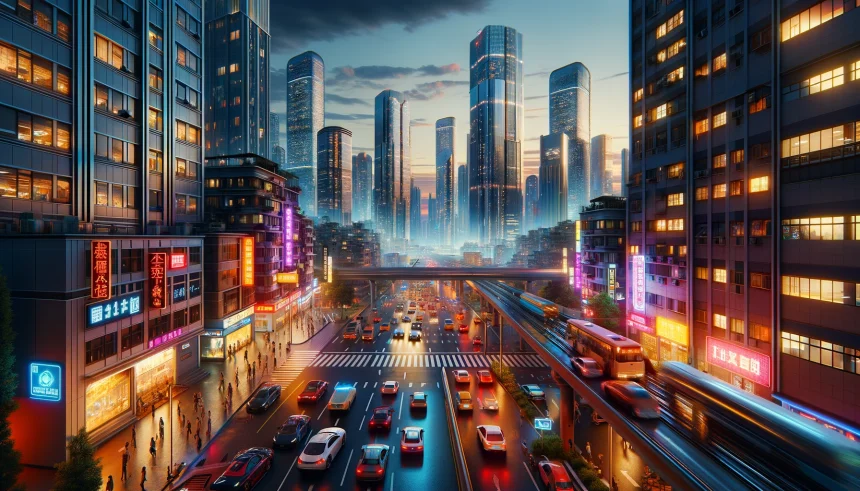The Grand Theft Auto community faced disappointment this month as Rockstar Games mandated the removal of the Liberty City Preservation Project (LCPP) mod from GTA 5. This decision marks yet another moment of tension between the game developers and dedicated modding enthusiasts. The LCPP, which took six years to develop, offered players a meticulously recreated Liberty City from GTA 4, enhanced with GTA 5’s superior graphics and audio capabilities.
Since its release, LCPP quickly garnered attention across various platforms, attracting positive media coverage and widespread discussion among gamers. The mod’s popularity was further boosted by its compatibility with Steam Deck, making it accessible to a broader audience. However, the surge in its usage did not go unnoticed by Rockstar headquarters.
Why Did Rockstar Remove the LCPP Mod?
Rockstar Games has maintained a cautious stance on mods, particularly as anticipation builds for the release of GTA 6. The company, under its parent entity Take-Two Interactive, has a history of addressing mods that closely resemble or replicate official game content. This protective approach aims to safeguard their intellectual property and ensure the integrity of upcoming releases.
How Did the Community React?
The removal of LCPP sparked a range of emotions within the gaming community. Many fans expressed their frustration and sadness, evident in the 668 crying Niko Bellic emojis shared online—a nod to GTA 4’s protagonist. Anger was also directed towards Rockstar, with players criticizing the company for dismantling a free, seemingly harmless project that enriched their gaming experience.
What Is the Future of GTA Modding?
The aftermath of LCPP’s takedown underscores the ongoing challenges between mod creators and game developers. While the Discord server associated with the mod remains active, it no longer hosts download links, advising users against unofficial sources to prevent malware risks. As GTA 6’s release approaches, it is expected that Rockstar will continue to monitor and regulate modding activities closely to avoid conflicts and uphold their creative vision.
Historically, Rockstar has been vigilant in managing its modding community, especially when unofficial projects closely mirror their official releases. Previous attempts to create enhanced versions or remasters of older games have similarly been curtailed, maintaining a consistent policy of controlling game content. This pattern suggests that future modding efforts will need to navigate Rockstar’s stringent guidelines to thrive.
Moving forward, players interested in modding GTA games should remain aware of Rockstar’s policies and the potential repercussions of creating or sharing extensive mods. Engaging with the community responsibly and respecting the developers’ boundaries will be crucial in fostering a positive relationship between modders and Rockstar. Additionally, aspiring mod creators may seek to innovate within the acceptable limits set by the company to continue contributing valuable content to the GTA universe.
The dynamic between Rockstar and the modding community highlights the delicate balance between creative expression and corporate oversight. As the gaming landscape evolves with the forthcoming release of GTA 6, the interactions between developers and fans will likely continue to shape the future of game modifications.










